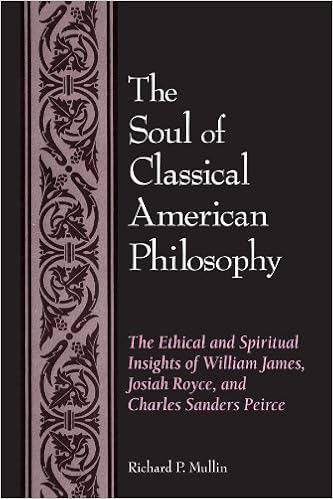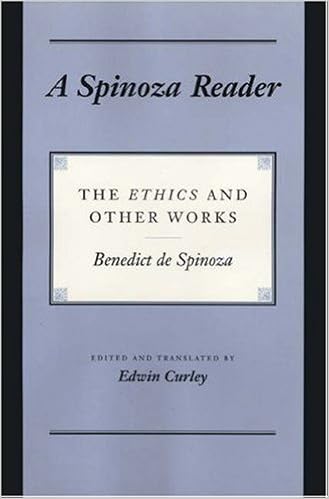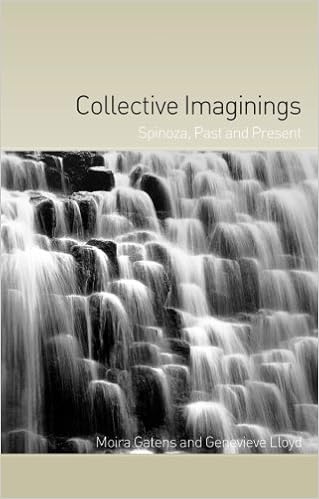By David Cunning
Margaret Cavendish (1623 - 1673) used to be a thinker, poet, scientist, novelist, and playwright of the 17th century. Her paintings is necessary for a couple of purposes. It offers an early and compelling model of the naturalism that's present in current-day philosophy; it deals vital insights that undergo on contemporary discussions of the character and features of intelligence and the query of even if the our bodies that encompass us are clever or have an clever reason; it anticipates many of the relevant perspectives and arguments which are frequently linked to figures like Thomas Hobbes and David Hume.
This is the 1st complete account of Cavendish’s philosophy and covers the entire span of her paintings. David crafty starts off with an summary of Cavendish’s lifestyles and paintings sooner than assessing her contribution to a variety of philosophical matters, together with her arguments referring to materialism, experimentation, the life of God, social and political philosophy and loose will and compatibilism.
Setting Cavendish in either historic and philosophical context, he argues that like Spinoza she builds on crucial tenets of Descartes’ philosophy and develops them in a course that Descartes himself could steer clear of. She defends a plenum metaphysics in response to which all everyone is causally interdependent, and based on which the actual universe is a bigger person that constitutes all of reality.
Cavendish
is vital analyzing for college kids of seventeenth-century philosophy, early smooth philosophy and seventeenth-century literature.









